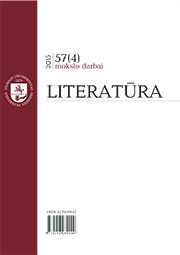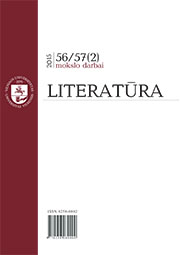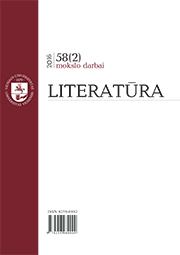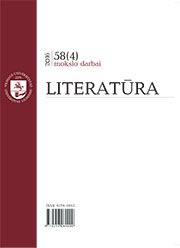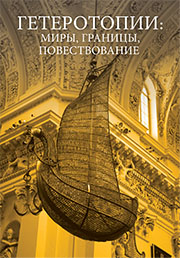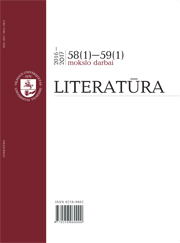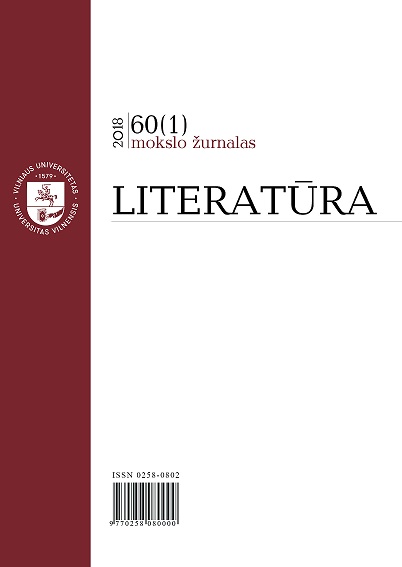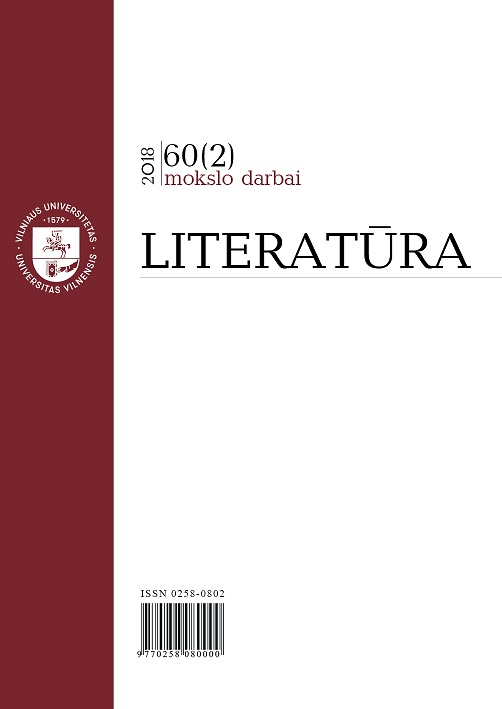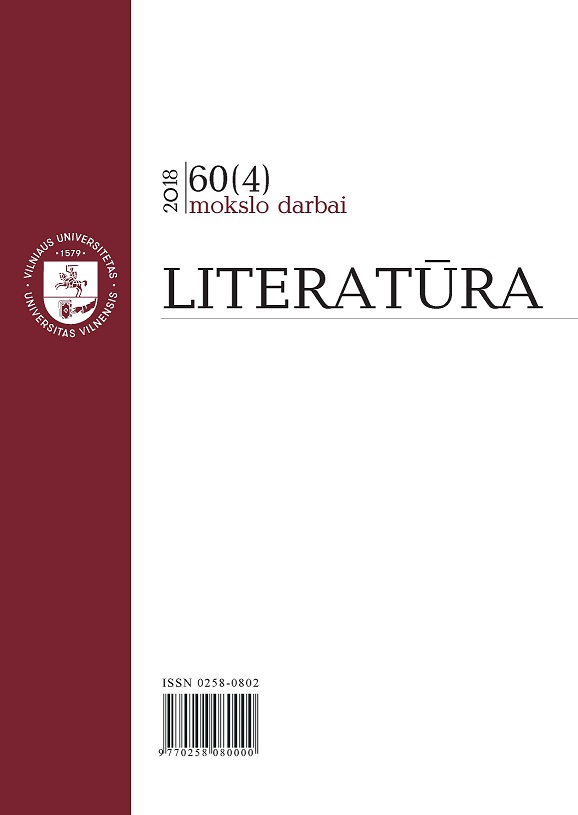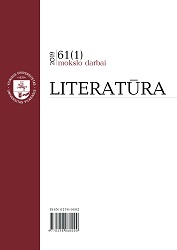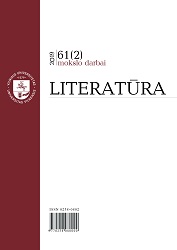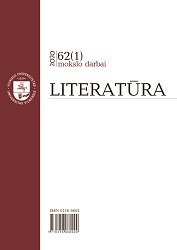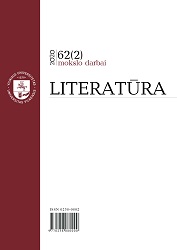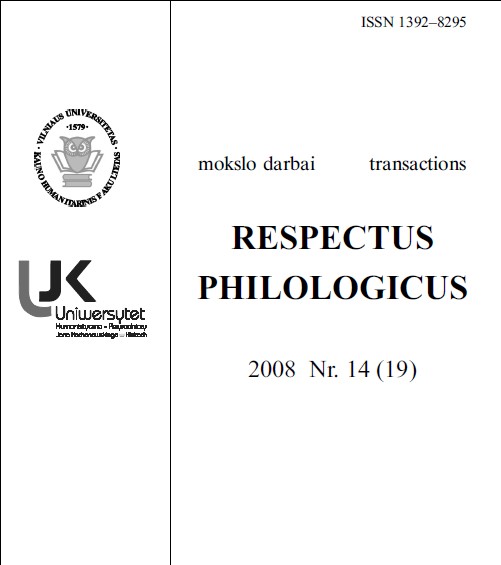Author(s): Elena Baliulytė / Language(s): Lithuanian
Issue: 1/2019
This article analyzes the reflection on the myth of Faust in the work of Eduardas Mieželaitis (1919–1997). The author’s initial hypothesis that the interpretation of this myth can be used as another argument for revealing the poet’s dramatic feelings and self-reflection of inauthentic Soviet existence is tested. Together with other signs of existential self-abuse (such as the metaphors of “the ringed bird” and “the masked word”), this could help answer the question of whether the description of the 1920s generation (Alfonsas Nyka-Niliūnas, Bronius Krivickas, etc.) as “tragic” would fit Mieželaitis. Intertextuality is the best way to describe the nature of the analysis and socio-criticism would describe the interpretation of the results. E. Mieželaitis was (and still is) one of the most intertextual Lithuanian authors. The use of the “alien word” in his texts was a conceptual position of the poet’s creative consciousness. For him the world’s culture has become a central topic, and his texts have been occupied by the masters of arts and sciences of antiquity, Renaissance, or New Age, as well as modern European authors, Oriental classics, Bible quotations, paraphrases, allusions and other forms of culture. For the poet, Goethe’s Faust is one of such foundational texts, even if the Soviet era did not favor the “myths of the great contemplation” (Vytautas Kubilius). The forever relevant myth of Faust raises a fundamental question of person’s life choice – what one is prepared to sacrifice for one’s purpose, and what the results of that “sacrifice” are. But in the Soviet times Mieželaitis did not focus on this myth as a “symbol of the duality of human’s nature” – his human is rather one-dimensional and monolithic, full of positive energy directed towards technological progress and an absolute belief in the cognitive powers of man. This is the exact aspect that Faust embodies in Mieželaitis’ works, as if it was his “new man”, the product of the Enlightenment era. Mieželaitis did not care about the moment of negotiations between Faust and Mephistopheles – for him there could easily be no Mephistopheles. However, in late works (Postskriptumai, 1986; Gnomos, 1987; Laida, 1992), where the poet reflects on his life and creative path, there are many signs of disillusionment with the myth of human omnipotence as the results of his labor have turned against him – he wanted to create a heaven, but got a hell in the form of Hiroshima. It is at this point that Mephistopheles dominates the duet with Faust, but in general they have both become a “common place” and their function is limited by the text’s aesthetic figurativeness. My conclusion is that eventually the rich allusions to Faust in Mieželaitis’ works did not translate into reflections on the essence or meaning of being – he was not concerned with the problematics of human’s choices, duality, or contradictions. Thus, my initial expectation that the interpretation of the Faust myth may be another argument for revealing the poet’s dramatic feelings and self-reflection of inauthentic existence in the Soviet times was essentially not confirmed. And that could have been another argument for adding him to the social group of the 1920s. On the other hand, looking from the distant present, it is my opinion that Mieželaitis is still a part of the tragic generation, as the whole generation – whether they retreated to the West, or remained in Soviet Lithuania, collaborated or resisted – became hostages of the Second World War and the Soviet occupation.
More...
